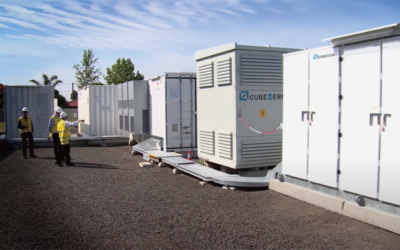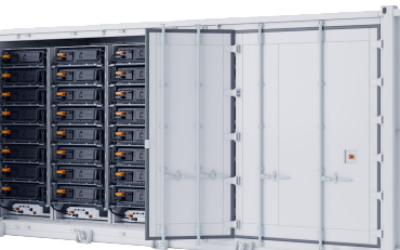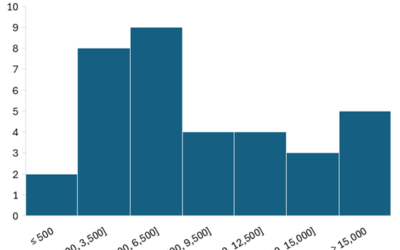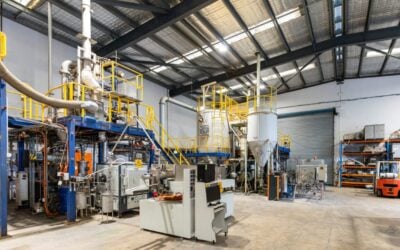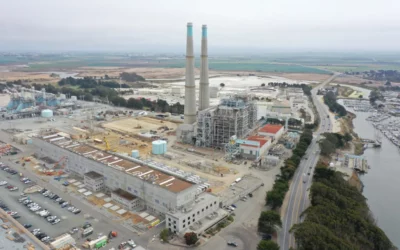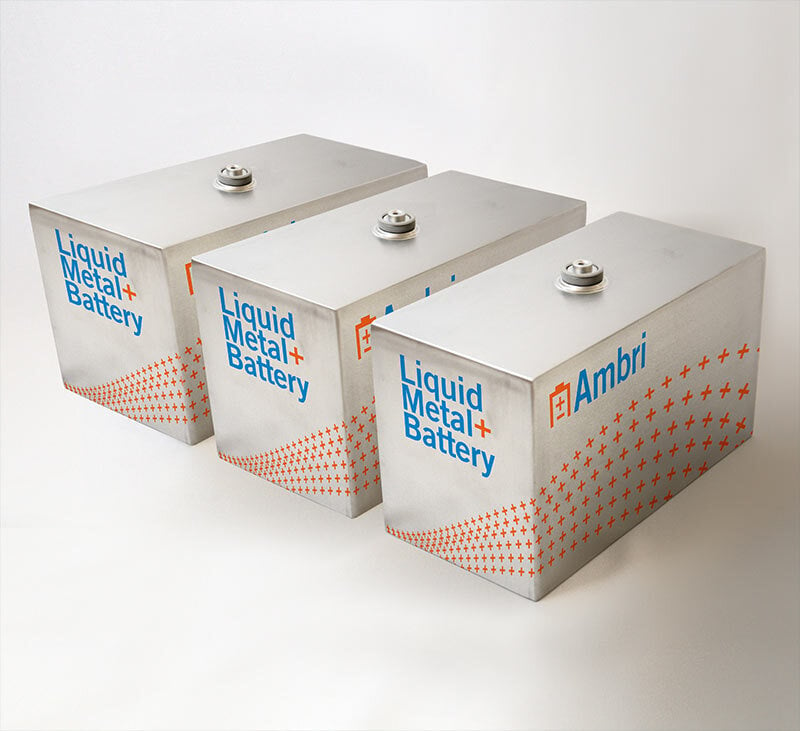
Ambri, the US technology startup commercialising energy storage systems based on a high temperature liquid metal battery, has received key UL 1973 certification.
The certification verifies that batteries used in stationary energy storage and auxiliary applications for mobility can safely withstand tolerance to simulated abuse conditions.
Enjoy 12 months of exclusive analysis
- Regular insight and analysis of the industry’s biggest developments
- In-depth interviews with the industry’s leading figures
- Annual digital subscription to the PV Tech Power journal
- Discounts on Solar Media’s portfolio of events, in-person and virtual
Or continue reading this article for free
It is considered essential for energy storage technologies to have in many markets, particularly the US, and affords developers as well as their investors and lenders some confidence in their choice of equipment. Ambri’s testing was carried out by UL Solutions.
The tests involved do not assess performance or quality of batteries or systems, but instead evaluate their safety and resiliency to abuse. Other key standards applicable to battery storage include international fire codes, the UL9540A thermal runaway test and the US National Fire Protection Association’s NFPA855.
Ambri said it is now working to obtain other key certifications.
“By assessing, validating, and confirming key elements that take into consideration the entirety of a battery system, UL Solutions is helping support Ambri’s commitment to battery system safety and performance. We thank them for putting their trust in us to deliver on that promise,” UL Solutions product manager Maurice Johnson said, adding that UL 1973 includes battery safety criteria for many commercially available chemistries and is not technology specific.
Indeed, the standard has been updated a few times to encompass different types of battery technology and the latest iteration was published in February of this year.
Ambri’s battery components include liquid calcium alloy anodes, molten salt electrolyte and solid particles of antinomy in the cathode. The tech company was a spin-out from labs at the Massachusetts Institute of Technology (MIT), where its founder Professor Donald Sadoway is based.
Housed in stainless steel enclosures and integrated into containerised DC-coupled battery energy storage systems (BESS), the batteries operate at a temperature of 500°C but unlike lithium-ion batteries are not at risk of thermal runaway, electrolyte decomposition or off-gassing, which makes them safer, the company claims.
Sadoway said he began developing it as a low-cost technology using widely available raw materials as a possible solution to climate crisis mitigation, as the professor accepted an inventor’s award in June.
In 2021 Ambri secured US$144 million funding in a Series A, at the same time securing a long-term supply deal for antimony with an investor’s affiliate. It is currently expanding its manufacturing site in Massachusetts as well as adding an innovation centre to the complex.
The company has also claimed some big deals are on the table with customers: most recently renewable energy power producer and retailer Earth & Wind in South Africa ordered 300MW/1,400MWh of Ambri systems in June. In November 2020, Ambri announced a deal to put 250MWh of its liquid metal batteries into a new data centre development in Nevada, US for sustainable infrastructure developer TerraScale.

